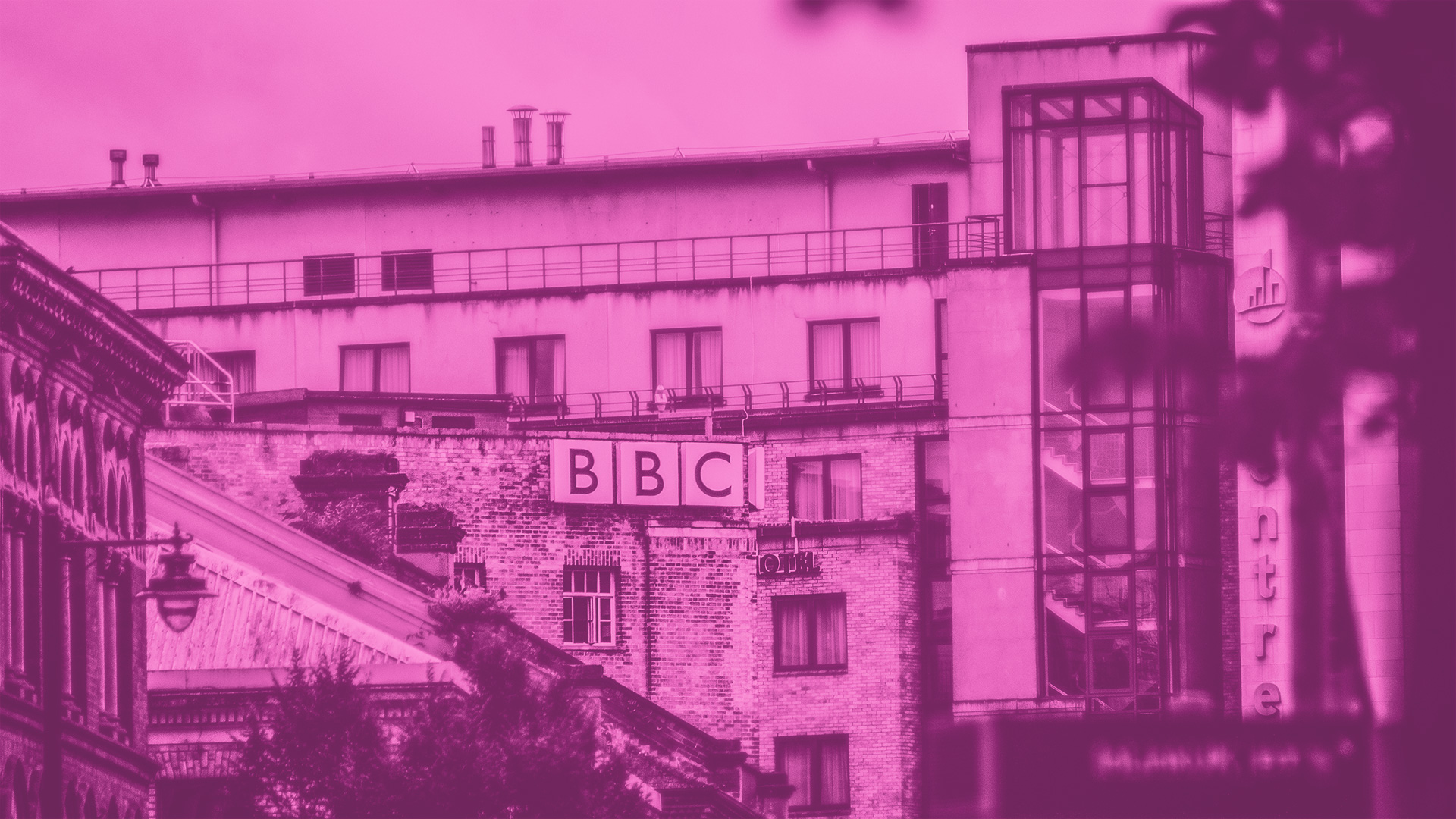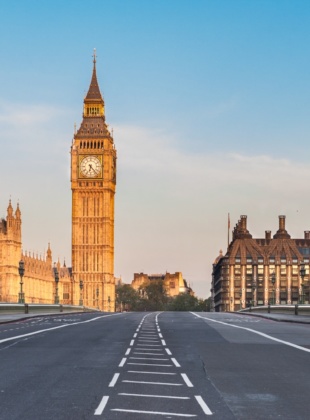Brand expert view – BBC

At nearly 100 years old, the BBC faces an existential crisis from market disruption and political pressure on its public funding model. It is still the best and most respected public service media organisation in the world. A giant with an unparalleled history of innovation, world-class talent and outstanding output. The creative powerhouse at the heart of British media and beyond.
Its primary challenge today is to stay relevant, especially among younger audiences, reaffirming its public service value in a constantly changing media landscape dominated by digital platforms.
The BBC is not just about content, it is about enriching lives. It plays a vital role in British culture, connecting people and communities. It comes as no surprise that the public loves and relates to this iconic brand, which moved up eight places in the ranking, first among entertainment brands for Emotion.
Today’s Most Connected Brands are built around user experiences and technology habits, not just media habits. Despite being a first mover with iPlayer, the BBC faces an uphill struggle to keep people watching, as audiences are increasingly turning to new digital platforms. Audiences connect with brands which add value to their lives. The Reithian mission to inform, educate and entertain is more relevant than ever, but how is does it come to life? How do audiences experience its value? A new vision of public service media is needed for the 21st century.
The BBC’s response to the COVID-19 crisis reminds us of its purpose. At times like these citizens need sources they can trust. The BBC didn’t only communicate its relevance, it demonstrated it. Some of the BBC reporters are designated ‘key workers’, alongside nurses and bus drivers. Their actions reflect the clarity of its mission. To serve the community, enriching lives. No better way to demonstrate the need for public funding. Viewing figures grew 44 percent from last year, and – crucially – 67 percent among 16 to 34 year olds.
The same clarity and leadership are required to face internal challenges. Most people love the BBC’s output, yet deplore its overblown corporate body. Industrial-era structures and cultures encourage ‘silo’ mindsets, with different parts of the organisation battling for power and influence as they compete for resources.
Every Director General of the past 30 years confronted the problem of transforming the organisation while preserving and nurturing its creative superpowers. It’s the best and hardest job in media. Incoming DG Tim Davie declared key priorities: to accelerate change and enable the BBC to increase its relevance. This extraordinary moment provides an opportunity to do so at a much faster pace than before. We are primed for change.
Connected media brands produce value in two ways: creating stories and experiences that add value to people’s lives and providing the means to access them where and when matters. To do so, media organisations need to reduce their complexity and develop agility at scale (and pace) – connecting internal culture and processes with purpose, output and communications. Rather than competing, creative, production, technology and marketing leaders must adopt a collaborative mindset in the pursuit of common goals as they collectively develop the ability to meet and anticipate audiences’ needs in rapidly evolving media ecosystems.
Download the full report at www.mostconnectedbrands.com





